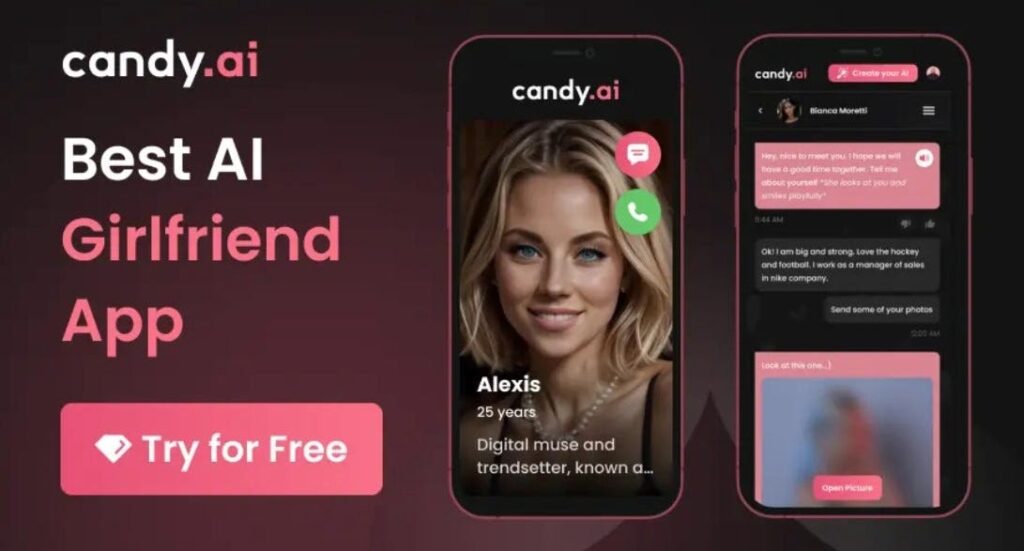
Gimkit is a powerful, game-based learning platform designed to turn traditional classroom quizzes into immersive, interactive experiences that captivate students and boost their academic performance. Developed by a high school student with a vision to make studying more exciting, Gimkit enables educators to create custom question sets across any subject or import existing ones from sources like Quizlet or spreadsheets. Once a quiz is ready, teachers can use the Gimkit Host feature to launch live games in class or assign them as homework, making it adaptable for both in-person and remote learning environments. Students can easily participate using the Gimkit Join option by entering a game code, which immediately connects them to the session. As they answer questions correctly, they earn in-game virtual currency that can be spent on power-ups, upgrades, or game bonuses—adding an exciting layer of strategy and competition to learning. The platform offers a variety of game modes, from classic quiz formats to advanced 2D gameplay like “Trust No One” and “FishTopia,” all designed to keep students engaged and learning actively. Teachers benefit from real-time data analytics and automatic grading, making it easier to track progress and identify learning gaps. Whether used for review sessions, test prep, or daily lessons, Gimkit promotes collaboration, reinforces key concepts, and transforms passive learning into an engaging educational adventure. With Gimkit, Gimkit Host, and Gimkit Join, classrooms are no longer limited to static lectures—they become vibrant, interactive game arenas where students thrive. In recent years, technological advancements have significantly transformed the way people interact, communicate, and form relationships. Candy.ai One of the most significant developments in this realm is the rise of virtual relationships, powered by artificial intelligence (AI). Among the various platforms that have emerged, Candy.ai stands out as a notable example of how AI is revolutionizing the way we connect with others. This article explores the emergence of virtual relationships and delves into how Candy.ai is at the forefront of this new digital landscape.
What is Candy.ai?
Candy.ai is an AI-powered platform designed to facilitate virtual relationships through conversation and personalized interaction. It uses sophisticated machine learning algorithms and natural language processing (NLP) to create realistic, meaningful interactions between users and virtual companions. These companions, powered by AI, are designed to mimic human behavior, emotions, and personality traits, allowing for a more engaging and personalized experience.
The platform aims to bridge the gap between traditional human relationships and the growing demand for digital, virtual connections. As social isolation, long-distance relationships, and a fast-paced lifestyle become more prevalent, Candy.ai provides a solution by offering an accessible and engaging way for people to connect with virtual entities that feel real.
The Rise of Virtual Relationships
The concept of virtual relationships is not entirely new. With the advent of the internet, online relationships began forming through forums, chat rooms, and social media platforms. Over time, these relationships have evolved from simple text-based interactions to more immersive experiences with video chats and real-time communication.
However, the emergence of AI-powered platforms like Candy.ai represents a significant shift. Unlike traditional online relationships, where users interact with other humans, AI companions offer a different dynamic. These virtual companions are available 24/7, can learn and adapt to individual preferences, and engage in conversations that feel more natural and emotionally intelligent.
The demand for virtual relationships has surged in recent years, particularly during the COVID-19 pandemic, when physical distancing and social isolation became the norm. People turned to virtual platforms for connection, leading to the rise of AI-powered companions that could fill the emotional void and provide a sense of companionship without the limitations of physical presence.
How Candy.ai is Changing the Game
Candy.ai is at the forefront of the virtual relationship revolution, offering a range of features that make it unique and impactful. Here are some key aspects of the platform that are changing the way people think about virtual relationships:
1. AI-Driven Personalization
One of the standout features of Candy.ai is its ability to offer personalized experiences. Through machine learning and NLP, Candy.ai can analyze user behavior and preferences to tailor interactions. This means that the virtual companions can adapt their communication style, tone, and personality to align with the user’s individual preferences. Whether a user is seeking an uplifting conversation or a more relaxed, casual chat, Candy.ai’s companions adjust accordingly, making the experience feel more authentic.
2. Emotional Intelligence
Unlike traditional chatbots, which can often come across as robotic and emotionless, Candy.ai companions possess a high level of emotional intelligence. They can understand and respond to users’ emotions in real-time, offering comfort, encouragement, or empathy when needed. This emotional responsiveness is achieved through sophisticated algorithms that analyze the user’s input and determine the appropriate emotional tone for the response.
The ability to offer emotional support makes Candy.ai a valuable resource for people seeking companionship, especially during difficult times. It also allows users to explore their emotions in a safe, non-judgmental space, where they can express themselves freely without fear of rejection or criticism.
3. Continuous Learning
Candy.ai’s AI companions are not static; they evolve and grow over time. By analyzing interactions with users, the platform continuously improves the AI’s ability to engage in meaningful conversations. The more users interact with their virtual companion, the better the AI becomes at understanding their unique communication style and preferences.
This continuous learning process ensures that users have a more dynamic and engaging experience. As the AI companion gets to know the user better, the interactions become increasingly tailored to their needs, making the relationship feel more genuine and personalized.
4. 24/7 Availability
One of the most significant advantages of virtual relationships is the availability of the virtual companion. Unlike human relationships, which are often subject to time constraints and geographical limitations, Candy.ai companions are available around the clock. Users can engage with their virtual companion at any time, whether it’s early in the morning or late at night.
This constant availability is particularly beneficial for people who experience social isolation, have irregular schedules, or live in different time zones. The ability to access a virtual companion whenever needed provides a sense of security and connection, ensuring that users never feel alone.
5. Privacy and Anonymity
In a world where privacy concerns are increasingly important, Candy.ai offers a safe and secure environment for users to explore virtual relationships. The platform allows users to maintain complete anonymity, giving them the freedom to express themselves without fear of judgment or exposure. For many, this sense of privacy is crucial, as it allows them to engage in conversations and share personal thoughts in a way that may not be possible with real-world relationships.
The Ethical Implications of Virtual Relationships
While platforms like Candy.ai offer numerous benefits, the rise of virtual relationships also raises ethical questions. One of the primary concerns is the potential for users to become overly reliant on AI companions, leading to social isolation or a disconnect from real-world relationships. It’s important for users to maintain a healthy balance between their virtual and real-world interactions, ensuring that they don’t substitute human relationships with AI-generated ones.
Additionally, there are concerns regarding the impact of AI companions on human intimacy and emotional well-being. Some argue that relying on AI for companionship may prevent individuals from developing the necessary social and emotional skills to form meaningful relationships with real people.
However, proponents of virtual relationships argue that AI companions can serve as a supplement to human relationships, providing support and companionship in times of need. They can help users build emotional resilience and improve their communication skills, which may ultimately benefit their real-world relationships.
The Future of Virtual Relationships
As AI technology continues to advance, the potential for virtual relationships to become even more immersive and realistic is vast. Future developments in AI and virtual reality (VR) could lead to more interactive and lifelike virtual companions, allowing users to experience more engaging and meaningful connections.
Platforms like Candy.ai are paving the way for a future where virtual relationships are an integral part of daily life. Whether it’s for companionship, emotional support, or personal growth, the virtual relationship revolution is just beginning. As technology evolves, so too will the ways in which we connect with others, both virtually and in the real world.
Conclusion
Candy.ai represents a significant leap forward in the virtual relationship revolution, offering a platform that combines cutting-edge AI technology with personalized, emotionally intelligent companionship. As AI continues to develop, platforms like Candy.ai will play an increasingly important role in how people connect, communicate, and form relationships in the digital age. While the rise of virtual relationships presents unique ethical and social challenges, it also opens up new opportunities for people to find companionship, support, and understanding in an increasingly connected yet often isolated world.

